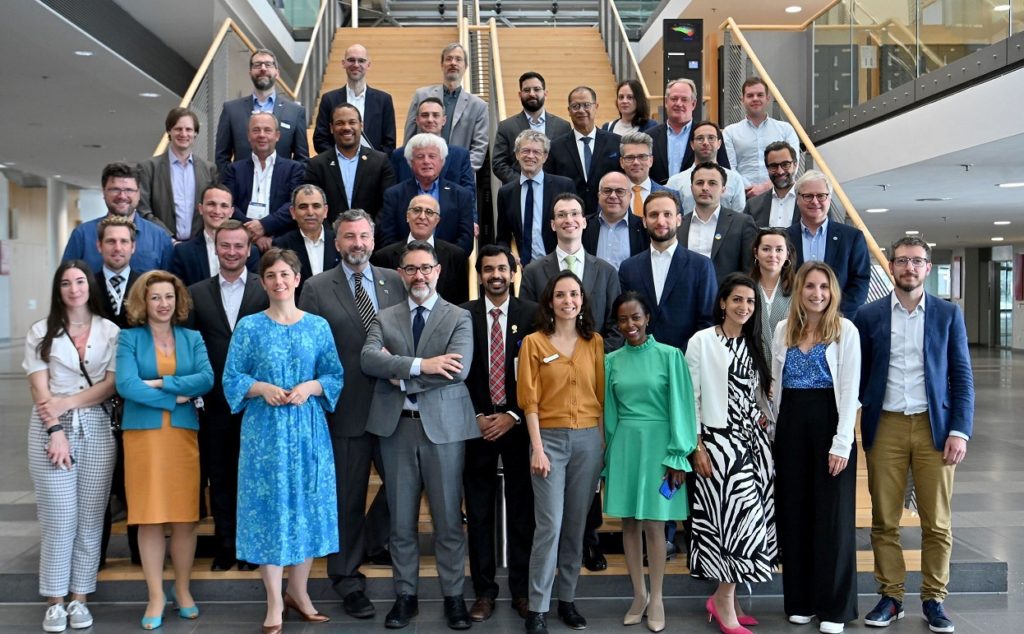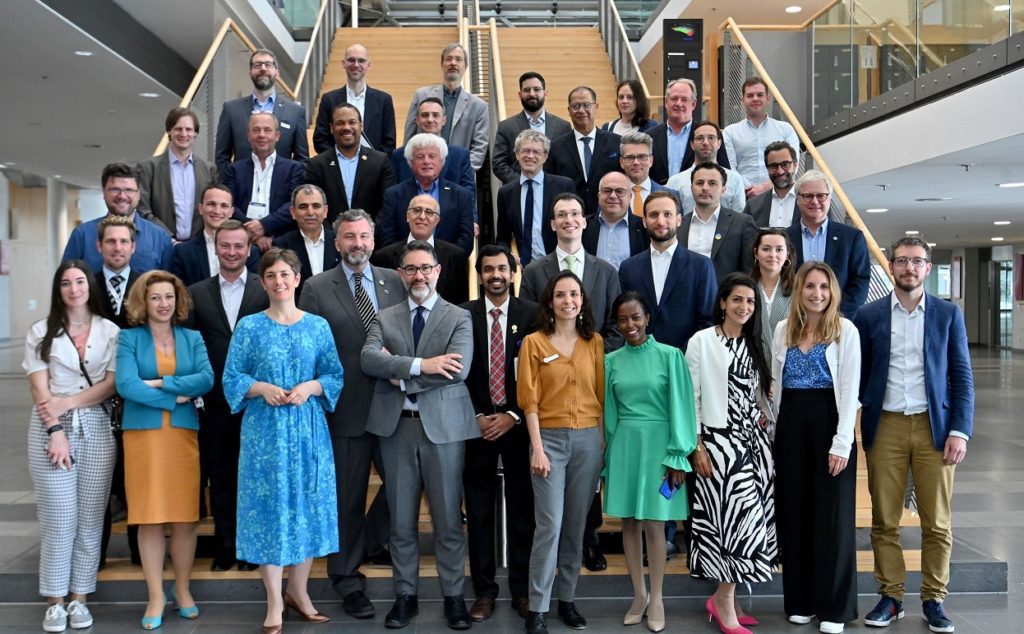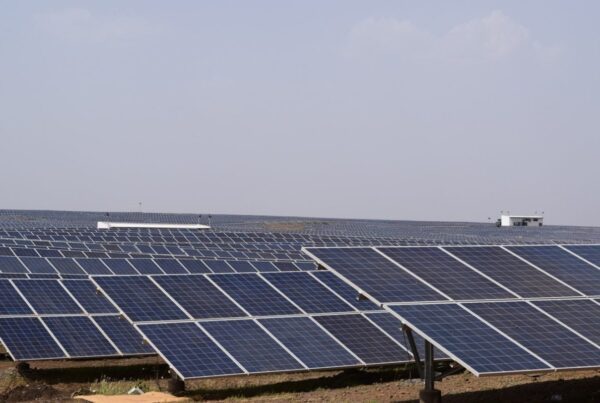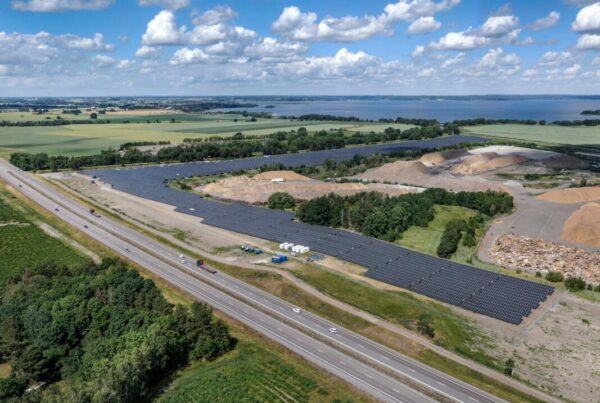
The global solar community has called for “robust and fast policies” alongside increased international cooperation to accelerate PV deployment and the energy transition.
In a joint statement, published this week to coincide with Intersolar Europe, 18 solar industry associations said an additional 1.8TW of solar must be installed by 2026.
With the right ambition, policymakers along with the industry “can deliver this massive economic opportunity” for countries, businesses and citizens globally, said the trade bodies, including the Global Solar Council, SolarPower Europe (SPE) and a host of international associations.
“We stand ready to put our shoulders to the wheel to massively increase the worldwide solar deployment,” reads their joint declaration, which can be read here.
The associations said that three crises – the climate crisis, the economic downturn caused by COVID-19 and the consequences of Russia’s invasion of Ukraine – have prompted many around the globe to see energy choices in a stark new light.
They added: “Solar energy offers solutions for countries around the world to reduce carbon emissions, strengthen energy security, while creating jobs and economic value.”
The declaration comes after SPE revealed earlier this week that global installed solar capacity has just passed the 1TW milestone after a record 168GW of PV was added in 2021. The association forecasts that more than 200GW will be installed worldwide this year.
In Europe, deployment looks set to be boosted by the European Union’s REPowerEU plan, a draft of which has been seen by PV Tech. It includes a target for the bloc to reach 300GW of installed solar by 2028.
Earlier this month, the energy ministers of five EU member states – Austria, Belgium, Lithuania, Luxembourg and Spain – urged the bloc to set higher solar deployment targets, calling for 1TW by 2030.
“Every photovoltaic panel reduces immediately and directly our energy dependence from Russia,” the ministers said in a joint letter sent to EU’s climate policy chief Frans Timmermans and the European Commissioner for Energy Kadri Simson.





